The Problem
Revocations from community supervision are a primary driver of prison admissions in many states. In fact, in 2020, 42 percent of state prison admissions across the U.S. were due to people who committed supervision violations.
Although nearly every state experienced a decline in supervision revocations to prison during the COVID-19 pandemic, most do not have access to the timely and nuanced data analysis needed to understand what specific factors drove those reductions and more importantly, how to sustain them. Inability to easily obtain this critical information on a regular basis impacts leaders’ ability to effectively evaluate how well their community supervision practices are working, identify opportunities for immediate and proactive intervention to help achieve better results for people on supervision, and minimize violations and revocations.
How Lantern Can Help
Lantern addresses this data gap by providing state agencies with the tools they need to understand what is driving supervision outcomes. A collaborative project between The Council of State Governments (CSG) Justice Center and its nonprofit technology partner Recidiviz, Lantern helps participating supervision agency leadership understand factors that contribute to their current supervision outcomes and devise and implement effective strategies to improve them.
How Lantern Works
Lantern collapses the time between data entry and meaningful data analysis, giving supervision agency leaders, supervisors, and line staff timely, automated, actionable information about community supervision practices at the system and individual levels.
Lantern utilizes a three-pronged approach to improving supervision for officers and supervised people: (1) accessible, actionable data; (2) robust technical assistance and policy guidance; and (3) proactive messaging and communications to elevate this important work.
Recidiviz builds a technology infrastructure that plugs into a state’s existing system to give prompt access to data to transform its usability. And the CSG Justice Center reviews current policies and practices to develop data-backed, custom solutions to a state’s supervision challenges and provide implementation support.
As Lantern tools tell the story of what’s happening in a supervision system, Lantern technical assistance helps leaders use the tools to understand disparities in outcomes across regions and demographic groups and adopt research-informed policy and practice changes. Together, the CSG Justice Center and Recidiviz help states respond to unique questions and messaging needs with rapid-response research and data analysis.
Lantern Successes
States that have participated in Lantern so far have substantially reduced revocations for technical and substance use violations. They have also used Lantern tools to improve a variety of supervision practices, including increasing the use of graduated responses to client behavior, addressing absconsions, and identifying and addressing gaps in administering risk and needs assessments.
Lantern is funded by the U.S. Department of Justice’s Office of Justice Programs’ Bureau of Justice Assistance and Arnold Ventures.
How to Get Involved
Interested in participating in Lantern? Please email lantern@csg.org.

This project was supported by Grant No. 2019-ZB-BX-K002 awarded by the Bureau of Justice Assistance. The Bureau of Justice Assistance is a component of the Department of Justice’s Office of Justice Programs, which also includes the Bureau of Justice Statistics, the National Institute of Justice, the Office of Juvenile Justice and Delinquency Prevention, the Office for Victims of Crime, and the SMART Office. Points of view or opinions in this document are those of the author and do not necessarily represent the official position or policies of the U.S. Department of Justice.
Key Staff












